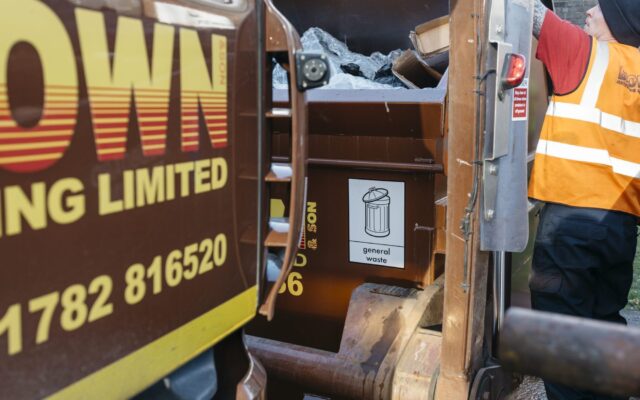
Top 10 Most Contaminated Household Items Wrongfully Put in Recycling Bins
You probably have good intentions when it comes to recycling, believing that you do everything you can to help the planet and reduce waste. However, sometimes life gets busy and you find yourself thinking it doesn’t matter if you throw that dirty pizza box in with all your clean recycling. Unfortunately it does make a big difference, contaminated recycling waste is a more important issue than many people realise. In 2014-15 over 338,000 tonnes of recycling was sent to landfill because councils were unable to recycle the products.
Contaminated recycling includes incorrect items which are sent into the system, or items which can be recycled but are wrongly prepared, such as leftover food in containers or recyclable items wrapped in plastic bags. We have prepared a list of the most commonly contaminated items so that you will be aware the next time you approach the recycling bin.
Top 10 most contaminated household items:
- Plastic bags and wrapping:
Some recycling facilities don’t recycle plastic bags, you have to check with your local council. - Dirty pizza boxes:
Many recyclers don’t want pizza boxes because grease and leftovers can attract insects and rodents to the recycling facility. Also wet or greasy cardboard is difficult to process. - Toothpaste tubes:
Normal kerbside recycling collection does not have the equipment to process toothpaste tubes. - Tetra Pak:
The cartons are often not rinsed out well enough, and also not every council accepts them. - Bubble wrap/ plastic packaging:
They are rarely accepted by kerbside recycling because they can tangle with other recyclables and machinery. - Plastic carrier bags:
Many councils do not accept carrier bags, however most larger supermarkets have collection points for used bags. - Drinking glasses/ pyrex:
Drinking glasses and pyrex are made from toughened glass which contains certain chemicals. This means they have a different melting point to glass bottles and jars. If they are included in the process the end product with be inferior and could break easily. - Plastic tubs:
Recycling facilities cannot use the same equipment they use to sort out plastic bottles for tubs. If they invested in extra equipment they would have problems such as food contamination, and not having a viable market for the end product. - Plastic pots:
Pots are similar to tubs as the facilities do not have to equipment to process them. Some pots are made from more than one type of plastic as well which cannot be separated in the recycling process. - Food and drink foil pouches:
These containers are often not cleaned properly and are contaminated with food residue.
So why is it so important not to contaminate recycling waste?
- When the amount of contaminants in a load of recycling becomes too high it will be sent directly to landfill. This is because the costs of separating out the contamination will become too much for the recycling program, and they will choose to spend the money elsewhere.
- It can endanger the workers. Plastic bags can wrap around the shafts and axles of the sorting machine and the sorters who remove them are put at risk. Also, when incorrect items are included in your bin recycling, workers are exposed to hazardous waste, diseases or physical damage.
- Recycling is a business, so when recycling is contaminated it lowers the market value of the product and the local recycling program will suffer.
- If you become a repeat offender the recycling facility can refuse service and your recyclable items will be wasted and sent to landfill.
How can you avoid contaminating your recycling?
- Watch out for common myths: e.g) you cannot recycle glass cookware, pyrex, ovenware, cutlery, crockery, pots and pans.
- Look for recycling labels on packaging.
- Leave metal caps and lids off of glass jars and bottles.
- Empty and rinse containers.
- Remember to recycle from all rooms in the house.
When motivating yourself to recycle correctly, it is helpful to think of the workers at the recycling facility. Before you recycle a takeaway food container filled with the remains of your dinner, think of the person who has to touch it in a week. It will be disgusting but also unsuitable for recycling. Just give the container a scrape and rinse, and your conscience will be clear.
Brown Recycling are Staffordshire’s largest skip hire and recycling centre. We are a family-run business with over 80 years of experience, helping to dispose of your waste materials in a responsible, affordable and environmentally friendly way. Contact us for more information about our services.
This website uses cookies to enhance your browsing experience and deliver personalised ads. By clicking “Accept All Cookies”, you agree to the storing of cookies on your device to enhance site navigation, analyse site usage, and assist in our marketing efforts.




